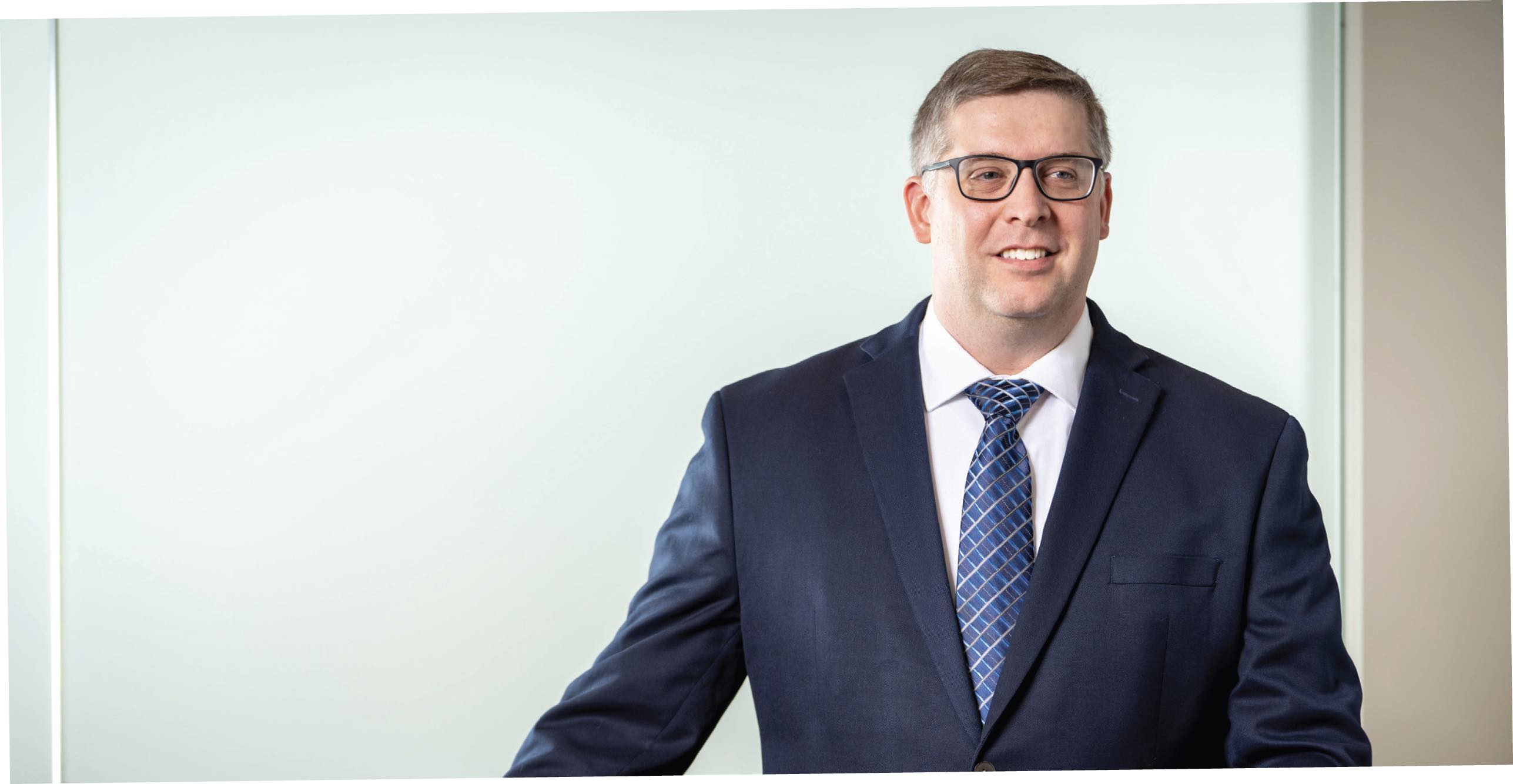Speak up!
By Dr. Ryan D. Evans, STLE President | TLT President's Report March 2023
STLE is a great place to hone your presentation skills.

STLE audiences are patient and can provide helpful offline feedback if you are receptive to it.
“Well, that went okay.” Those words from my graduate school advisor professor Jeff Glass (currently Duke University) fell flat within my adrenaline-soaked young mind after my first professional technical lecture. I was at Auburn University for the 6th Applied Diamond Conference/Frontier Carbon Technology Joint Conference in 2001 and talking about my silicon-doped diamond- like carbon research to a room full of professors and industry researchers. Some people are terrified of public speaking, but I never have been. In fact, I tended to be overly confident. I had speaking success and experience in small-town church and school settings as a young teenager. I won a Tau Beta Pi technical research speech contest as an undergraduate at The University of Akron. But my first professional presentation as a graduate student was just “okay”? The immature me had wished for a high five and all smiles, but instead I received a fair and honest assessment from a trusted advisor.
I learned some memorable lessons about public speaking during graduate school and my early career years. In a technical communications class in graduate school, I thought I was being clever by (politely) pointing out a mild astigmatism error in a published transmission electron micrograph from another research group’s paper. Afterward my instructor warned me to never present anything negative about another’s work publicly, even if well intentioned. Instead, you should discuss your results affirmatively while acknowledging how they differ from others’ high-level conclusions only. In an early internal technical presentation at Timken, I was pulled aside by a manager and asked to start using the word “data” more precisely—and I have ever since. “Dataset” is singular, and “data” are plural. In my first STLE Annual Meeting presentation in Toronto in 2004, I was asked a question about base oil, and I did not know the answer. I started to ramble briefly before a Timken colleague jumped in and saved me. I learned that you cannot save face by thinking out loud when you clearly do not know the answer to a question. You should simply admit that you do not know the answer and comment on how or where you think you can find it for follow-up later.
At the time of this writing, I have given 11 STLE conference technical presentations and two STLE Local Section talks in my career to date. Those numbers are respectable for a 20-year industry researcher, but not as impressive as the quantity of presentations by our academic colleagues and the most prolific STLE contributors. Nonetheless, STLE is a great place to hone your presentation skills. STLE audiences are knowledgeable and interested. We are a collegial and professional community that build each other up. Even if you are an overly confident early career or inexperienced speaker, STLE audiences are patient and can provide helpful offline feedback if you are receptive to it. If you are a battle-tested experienced speaker, STLE audiences can help you finetune your craft and experiment with new presentation approaches. By sitting in an STLE audience, you may observe interesting techniques and communication skills in your colleagues that you can apply in your own way.
Please consider sharing your technical presentations with the STLE community. STLE Local Sections provide speaking opportunities at both in-person and virtual meetings. Education course organizers are often looking for credible speakers for education events. You may submit a technical paper to the STLE Tribology Frontiers/ Tribology & Lubrication for E-Mobility Joint Conference, Nov. 12-15 in Cleveland, Ohio, or, starting this summer, to the 2024 STLE Annual Meeting, May 19-23 in Minneapolis, Minn. Paper solicitation chairs (PSCs) from our STLE Technical Committees are ready to engage you and schedule you into their meeting session agendas. While I mentioned some of my personal public speaking “teachable moments” in the beginning of this column, I did not include examples from the many instances where STLE audience members approached me with an insightful follow-up question or a compliment after a talk. The culmination of my experiences with lessons and encouragements has made me a better public speaker, and I thank STLE opportunities and audiences in large part for that. I hope our STLE community can provide opportunities for you to speak up in the same way!
Dr. Ryan Evans is director of R&D at The Timken Co. in North Canton, Ohio. You can reach him at ryan.evans@timken.com.